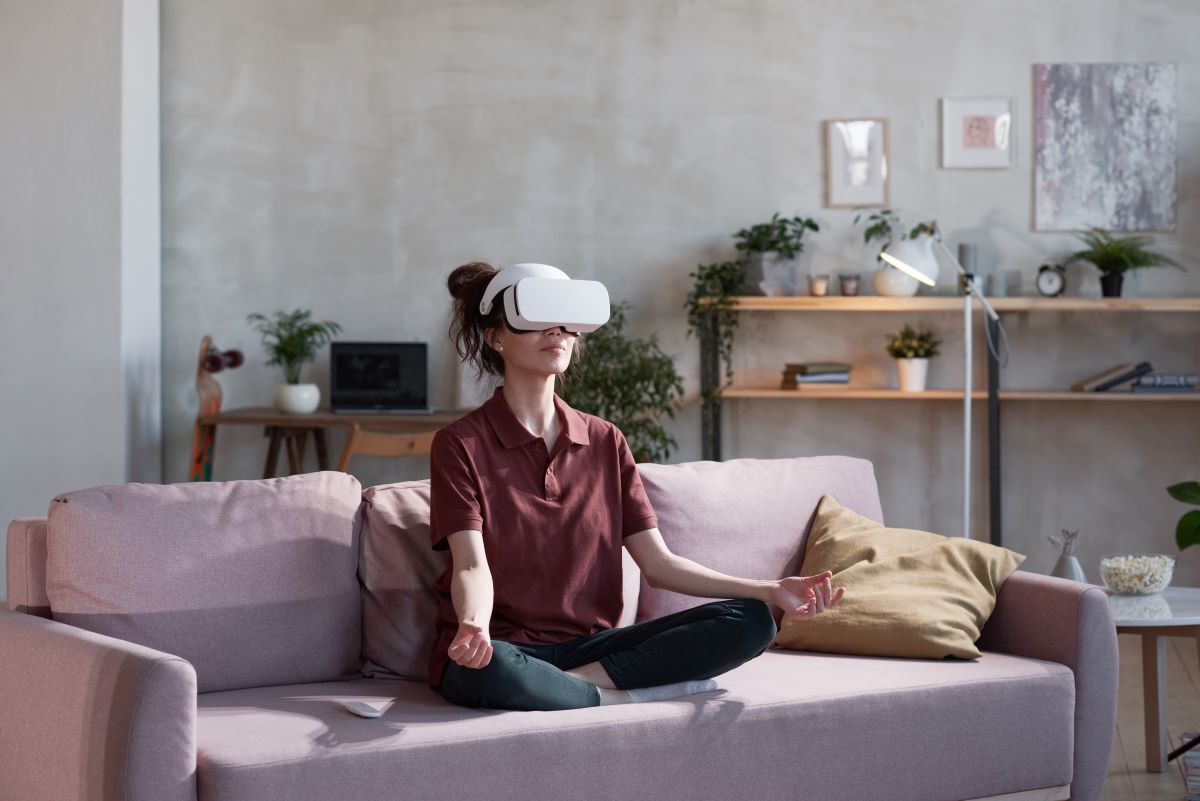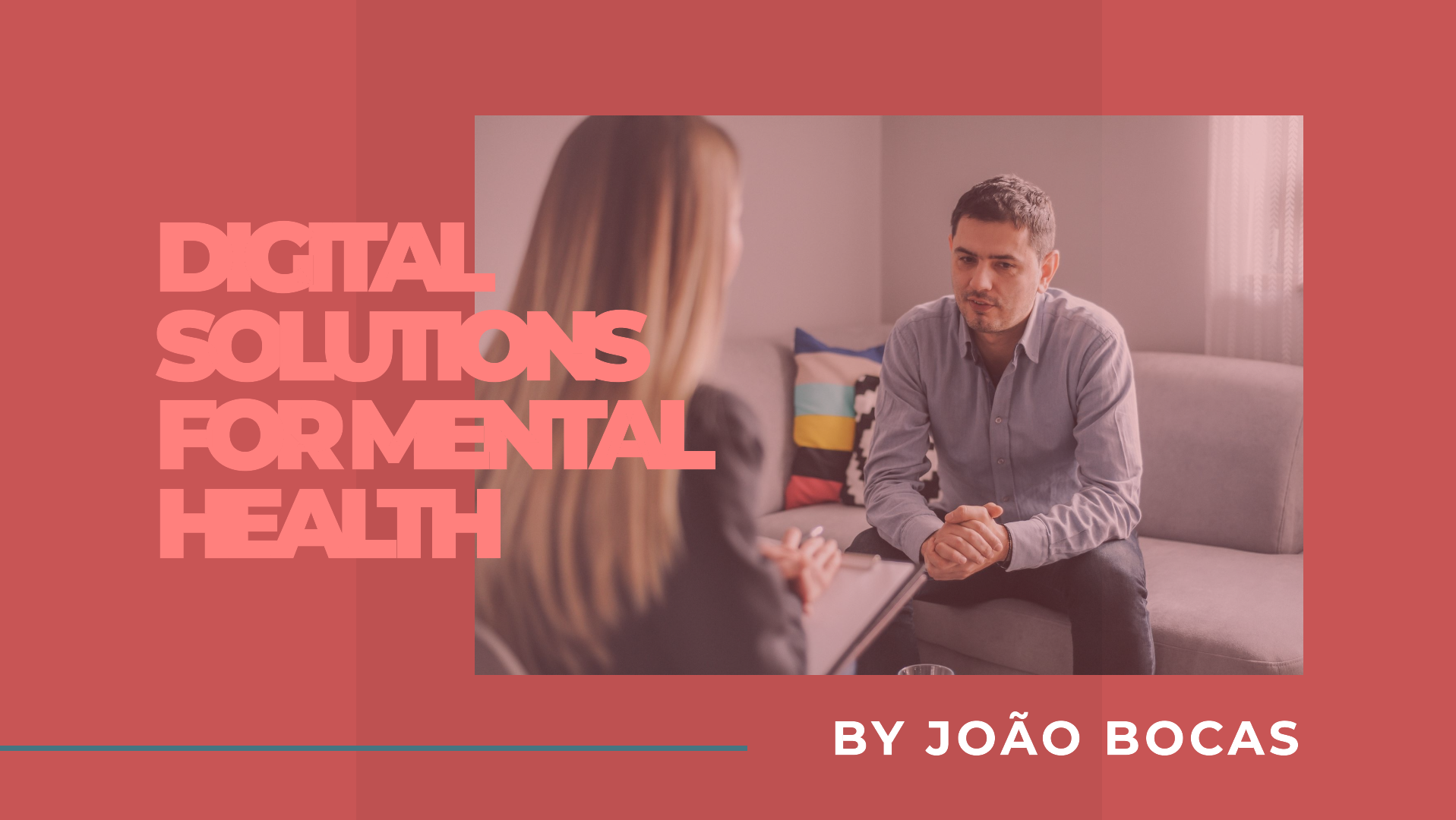Mental health treatments have come a long way in recent years, and much of this progress can be attributed to the integration of technology into mental health care. By leveraging the power of technology, mental health professionals are now able to offer a wide range of treatment options to their patients, leading to improved patient care.
Mental health is a crucial aspect of one’s overall wellbeing, and its neglect can result in severe consequences. Despite this, mental health often goes unnoticed and unaddressed in many cases. The stigma surrounding mental health, coupled with inadequate resources, makes it challenging for individuals to seek treatment.
However, the emergence of technology has revolutionized mental health treatment and has become a vital tool in supporting individuals’ mental health. With the rise of technology, mental health professionals can provide effective, accessible, and personalized treatment options to patients, irrespective of their location, social status, or financial standing.
With the rise of digital technologies, mental health practitioners and researchers are exploring innovative ways to use technology to improve mental health outcomes. In this blog, we will explore the use of technology in mental health treatments, including its benefits, drawbacks, and potential applications.
5 key advantages of technology in mental health treatments
The use of technology in mental health treatments has several benefits. Here are some of the key advantages of technology in mental health treatments:
- Improved access to mental health services. Technology has the potential to improve access to mental health services, particularly for people who live in remote or underserved areas. Teletherapy, which involves providing mental health services remotely via videoconferencing or phone, has become increasingly popular in recent years. Teletherapy eliminates the need for patients to travel to a clinic or office, which can be particularly challenging for people with mobility issues, transportation issues, or social anxiety.
- Increased patient engagement. Technology can help increase patient engagement in mental health treatments. For example, mental health apps can provide patients with tools and resources to manage their symptoms, track their progress, and communicate with their healthcare providers. Apps can also provide patients with real-time feedback and support, which can be particularly helpful for people who are struggling with mental health issues.
- Personalized treatment. Technology has the potential to personalize mental health treatments to meet the unique needs of each patient. For example, virtual reality therapy can be tailored to each patient’s specific fears and phobias, providing a more individualized treatment approach. Similarly, machine learning algorithms can be used to analyze patient data and identify patterns in symptoms, which can be used to develop personalized treatment plans.
- Reduced stigma. Technology can help reduce the stigma associated with mental health issues. For example, online support groups and forums can provide a safe and supportive space for people to share their experiences and connect with others who are going through similar challenges. Additionally, mental health apps can be used discreetly, without the need for patients to disclose their mental health status to others.
- Improved outcomes. Finally, technology has the potential to improve mental health outcomes. For example, virtual reality therapy has been shown to be effective in treating anxiety disorders, and teletherapy has been shown to be as effective as in-person therapy for many mental health conditions. Additionally, mental health apps can help patients manage their symptoms and track their progress, which can lead to better treatment outcomes.
Drawbacks of technology in mental health treatments
While technology has many potential benefits for mental health treatments, there are also some drawbacks to consider. Here are some of the key drawbacks of technology in mental health treatments:
- Lack of human interaction. One of the main drawbacks of technology in mental health treatments is the lack of human interaction. While teletherapy and mental health apps can provide patients with support and resources, they do not provide the same level of human connection as in-person therapy. This can be particularly challenging for people who are struggling with loneliness or social isolation.
- Privacy concerns. Another potential drawback of technology in mental health treatments is privacy concerns. Patients may be hesitant to share sensitive information online, particularly if they are concerned about the security of their data. Additionally, mental health apps may collect data on users’ behavior and symptoms, raising concerns about how this data will be used and who will have access to it.
- Limited effectiveness. While technology has the potential to improve mental health outcomes, it is not a panacea. Some studies have found that mental health apps may not be as effective as in-person therapy, particularly for more severe mental health conditions.
The rise of the use of technology in mental health tratments
The use of technology in mental health treatments has been on the rise in recent years. With the advancements in technology, mental health professionals have been able to provide more effective and accessible treatment options to their patients. In this blog, we will discuss the various technologies that are being used in mental health treatments and their benefits.
Teletherapy
Teletherapy is a type of therapy that uses technology to connect patients and mental health professionals virtually. This form of therapy has become increasingly popular due to its accessibility and convenience. Teletherapy can be done through video conferencing, phone calls, or messaging.
One of the primary benefits of teletherapy is that it can be done from anywhere, as long as the patient has access to the internet. This means that patients who may have difficulty getting to a physical therapy office, such as those with physical disabilities or those who live in rural areas, can still receive treatment. Teletherapy has also been shown to be effective in treating various mental health conditions, such as anxiety and depression.
Mobile Applications
Mobile applications, or apps, have become a popular tool for mental health treatment. There are various mental health apps available that can help patients track their moods, provide coping skills, and even connect with mental health professionals. These apps can be especially beneficial for those who may not have access to traditional mental health treatment or those who may feel uncomfortable seeking traditional therapy.
One of the benefits of mental health apps is that they are generally affordable and accessible. Many of these apps are free or low-cost, making them a viable option for those who may not have insurance or may not be able to afford traditional therapy. Additionally, mental health apps can provide 24/7 support, which can be especially helpful for those who may experience symptoms outside of traditional therapy hours.
Virtual Reality
Virtual reality (VR) is a technology that can create immersive, simulated environments. VR has been used in various medical fields, including mental health. In mental health, VR has been used to treat conditions such as anxiety disorders and post-traumatic stress disorder (PTSD).
One of the benefits of VR in mental health treatment is that it can provide exposure therapy in a controlled environment. Exposure therapy is a type of therapy that involves gradually exposing patients to the source of their fear or anxiety. VR can provide a safe environment for exposure therapy, as patients can be exposed to stimuli that may be difficult or impossible to replicate in real life.
Artificial Intelligence
Artificial intelligence (AI) has the potential to transform mental health treatment by providing personalized, data-driven treatment plans. AI can analyze patient data, such as mood and behavior patterns, to provide tailored treatment plans. Additionally, AI can provide real-time monitoring, allowing mental health professionals to intervene when necessary.
One of the benefits of AI in mental health treatment is that it can help identify patients who may be at risk of suicide. AI can analyze patient data to identify patterns that may indicate suicidal ideation, allowing mental health professionals to intervene before it is too late.
Conclusion
The use of technology in mental health treatment has the potential to transform the field by providing more accessible and effective treatment options. Teletherapy, mobile applications, virtual reality, and artificial intelligence are just a few of the technologies that are being used in mental health treatment. While these technologies have shown promise, it is important to note that they should not replace traditional therapy. Instead, they should be used in conjunction with traditional therapy to provide patients with the best possible care.
Overall, these advancements in technology have moved mental health care to a higher level of accessibility and ease of access. This allows for an increased number of people to receive the treatment they need, regardless of location. Medical practitioners are able to confirm a patient’s reaction and improve or alter their course of treatment as needed.
If you want to get the best digital health news, you can visit our website, Digital Salutem. We will update digital health news every week, so please keep in contact with us every week! If you have any feedback or suggestion about patient care, wearables, digital health news, or anything, please don’t hesitate to send an email to us!
Check our YouTube Channel, Healthcare Uncomplicated. To find out more about how we can help you with your Digital Healthcare Transformation, Healthcare organizational growth, or Healthcare brand positioning, please get in touch via phone at +44 (0)1273 458590 or via e-mail: info@digitalsalutem.com





